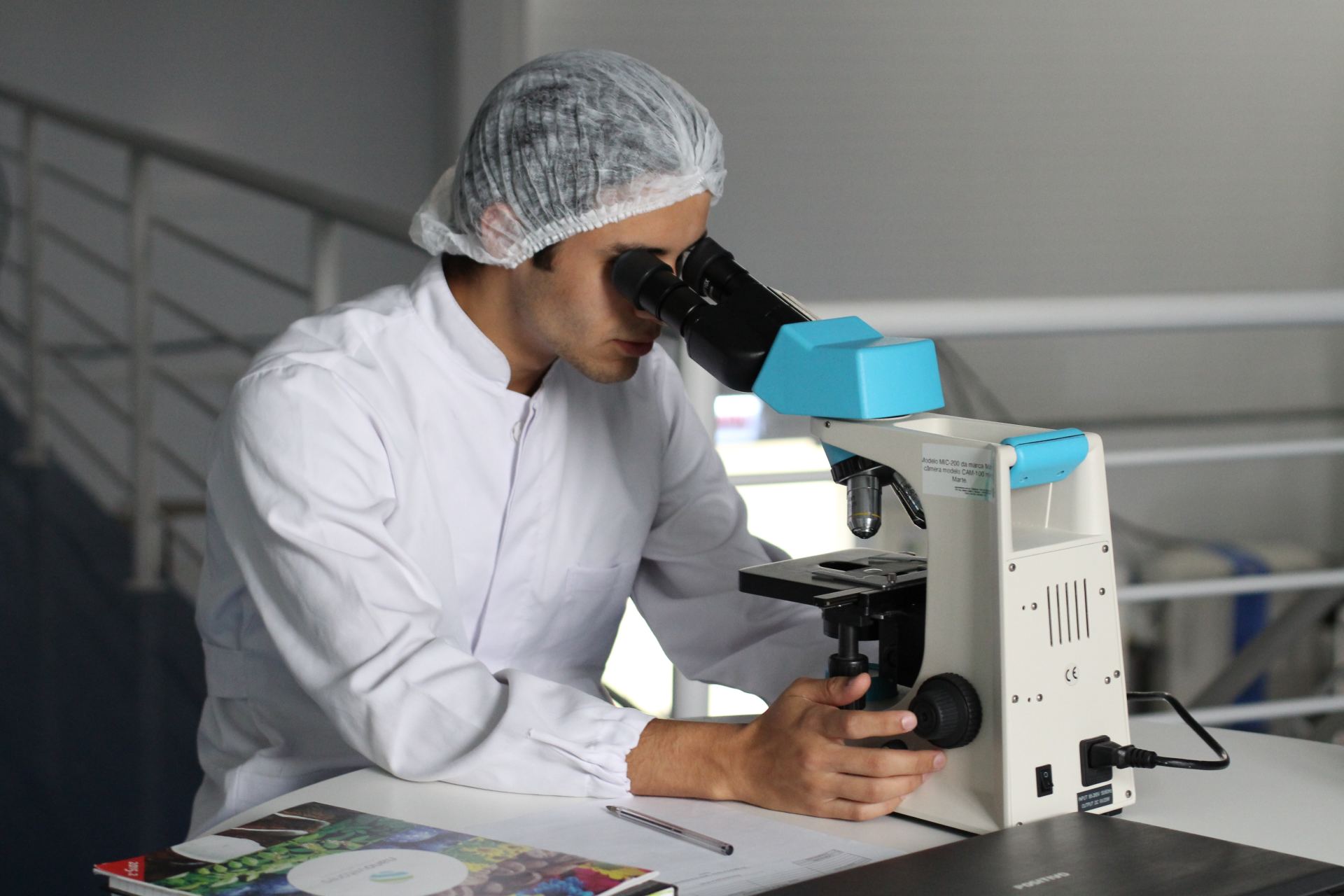
Bioprotek natural can replace current odor control chemicals — such as silver chloride, zinc pyrithione, and silane quaternary ammonium — with natural peppermint oil while offering the same odor control performance and durability.
Bioprotek has created great interest across major apparel, footwear, and home textile brands. Everyone wants to “go natural”.
Performance apparel and home textile companies using Bioprotek deliver superior odor control on both natural and synthetic fabrics, and they do it using a green technology.

Benefits Of Microbes
PRODUCTION OF FOODS
Microbes are a key component in both home and industrial food preparation.
- Lactic acid bacteria are used to make yogurt, cheese, sour cream, buttermilk and other fermented milk products.
- Vinegar are produced by bacterial acetic acid fermentation.
- Yeast is used in the manufacture of beer and wine and for the leavening of breads. It is also involved in fermentations to convert corn and other vegetable carbohydrates into ethanol to make beer, wine, or gasohol; but bacteria are the agents of most other food fermentations.
- Other fermented foods include soy sauce, sauerkraut, dill pickles, olives, salami, cocoa and black teas.



